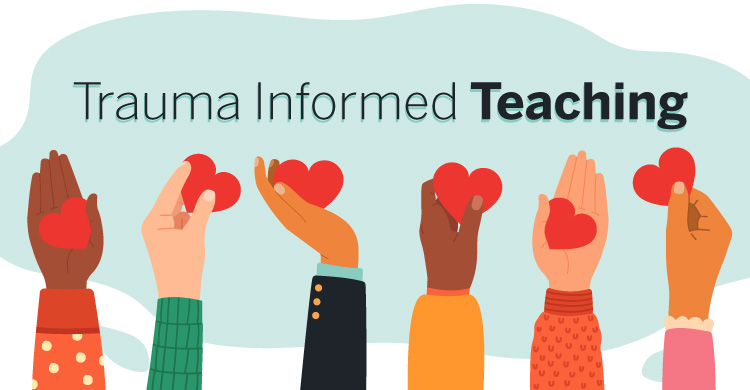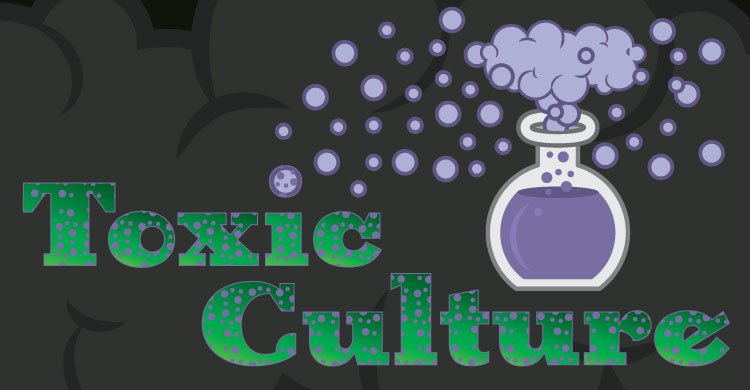Trauma-Informed Teaching
Becky is a ninth-grade student at Mills High School. Her parents are divorced, and she
Read More

Becky is a ninth-grade student at Mills High School. Her parents are divorced, and she
Read More
In our book, Working with Difficult and Resistant Staff, we talk about the importance of
Read More
Sharing the Burden of Professional Growth and Development between Principals and Peers One of the
Read More